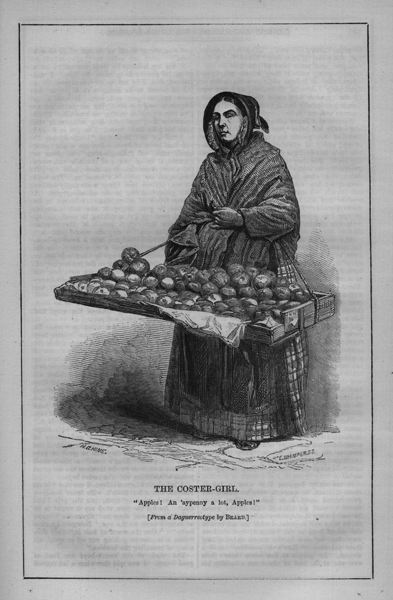Here at DCA, like most archives, we have tons of stuff. In fact, we have 7,000 linear feet of stuff on our shelves (that's almost two miles of documents, books, and photographs!) and 100,000 digital objects in our digital library. And it grows daily! Keeping track of all this stuff is one of the central challenges of being an archivist and we rely on a variety of systems to help us do this.
At DCA, we rely on our collection management system, as it's called, to do more than just help us find things. Our collection management system reflects how we think about our collections; it reflects the intellectual organization of the materials we collect. This intellectual map also translates into how we provide access to the rich content we house and how we put that material in context, filling it with historical meaning. As we begin to grapple with more complicated collections — collections that reflect both physical and digital content as well as the increasingly "online" nature of Tufts — it's become clear that our old collection management system is no longer able to keep up with our evolving conceptual model.
It's with this problem in mind that we've decided to design our own collection management system that we're calling CIDER. CIDER takes a new approach to modeling archival collections and will provide us with tons of flexibility in how we map, document, and present information about our collections. Oh, and it will also make it easier to find stuff, too. Though CIDER is a tool for us at DCA, its benefit will directly affect those who use our material as it allows us to improve almost every aspect of our workflows — helping us get more stuff available to researchers faster — and nearly unlimited potential for bringing new material to light in exciting ways.
When the first stable version of CIDER is complete, we intend to make the source code available using the AGPL license so anyone can download and install it for free, as well as modify the software and adapt it to their own needs and way of thinking about their collections.
We'll save more details about CIDER and how it's different than other collection management systems for future posts so stay tuned!








